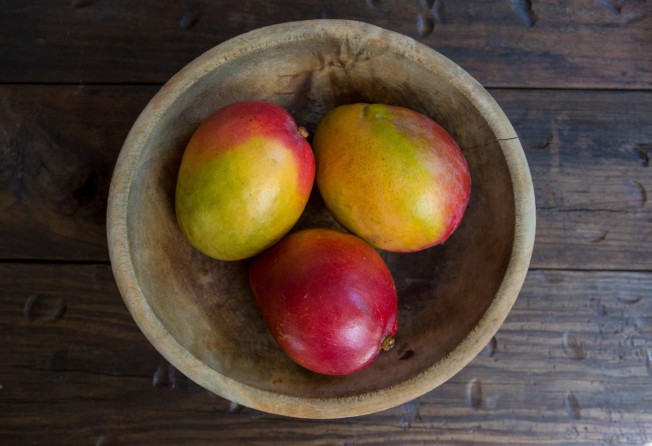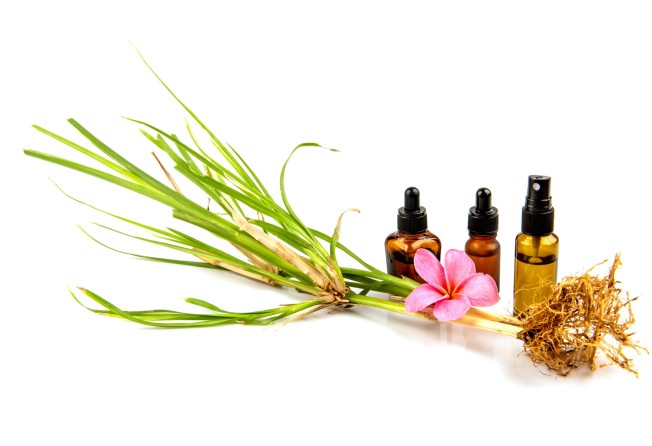
10 summer health tips from Ayurveda experts to avoid excess body heat and stay healthy
- Heat and humidity can trigger all kinds of stomach problems and skin woes, but there are plenty of foods and drinks that can help restore balance in the body
- Two Ayurvedic experts give their top advice on what you’ll want to stock up on, from fruit and vegetables to spices and grains

Summertime and the living is easy – but also hot and steamy. This time of year can trigger agitation, digestive problems and skin irritations, among many other woes.
Ayurveda, India’s 5,000-year-old system of natural medicine, classifies summer as the season of pitta dosha, or body heat, an energy primarily made up of the fire element but also water (think humidity).
We asked two well-known Ayurveda experts, Dimple Jangda and Poorvi Bhat Khandige, for their tips on thriving despite the summer heat.
Jangda, an Ayurvedic practitioner in Mumbai, India, has worked with celebrities from Hollywood and Bollywood, including actor Dev Patel. Like Khandige, she suggests keeping cool by having light, warm meals that help detox the body and ease digestion, and drinking plenty of room-temperature fluids. Here are her other top tips for surviving the summer:
1. Eat plenty of fresh fruits like mangoes, pears and grapes. These are rich in antioxidants, vitamins, phytochemicals – plant ingredients with health-promoting effects – and fibre, which aids digestion.
2. Include vegetables such as zucchini, pumpkin, gourds and cucumber in your daily diet, which are rich in fibre and water content; they help make stools soft and prevent constipation to keep the gut – and skin – clear.

3. Avoid excessively pungent, salty, fermented and sour foods. Having too much sour food – such as lemon, tomato, grapefruit and tamarind – can cause acidity and heartburn. A 2014 study published in the Ayurveda research journal AYU concluded that having too much sour food is a risk factor for joint inflammation, hypersensitive teeth, heartburn and stomach-related issues.
4. To help relieve dry and itchy skin or prickly heat – the rash that develops when blocked pores trap perspiration under the skin, causing superficial blisters or deep, red lumps – try drinking either a glass of water in the morning that has had a teaspoon of basil seeds soaked in it overnight, or have tender coconut water, including the coconut flesh. Both are best consumed at room temperature and also help digestion.
If you have indigestion or reflux, squeeze some lemon juice into the coconut water.

5. Include spices such as cumin and fennel in your food, or drink infused water or herbal teas made from these seeds, to improve your digestion and appetite, as these spices relieve flatulence.
“During the summer, our body dehydrates faster and it can cause prickly heat,” Jangda says. “Taking care of what we eat and drink can go a long way in helping maintain good gut and skin health in the heat.”
She advises against eating cold, raw salads. “Warm salads are the best way to ensure that the nutrients in the vegetables and grains are easier to digest and absorb.”

Khandige is a nutritionist and naturopathic doctor who comes from a family of Ayurvedic practitioners in India and practices there and in the UK.
In summer, when the appetite naturally dips, she recommends focusing on light meals made with easily digestible grains such as rice, barley and quinoa.
“Corn and wheat are too heavy in the summer, and harder to digest,” she says.
Eating an early dinner in summer helps tremendously, because eating late can be a burden on the digestive system, resulting in slower metabolism and weight gain, she says. “Try to eat a consistent dinner ensuring it is as early as possible.”
Her top recommendations to maintain good gut and skin health during the summer are:
1. Add vetiver or poppy seeds to your water. “Vetiver is an anti-inflammatory herb which is perfect for summers. It not only purifies water but also aids in calming the nerves and cooling the body. Infuse water bottles with it or simply add a few strands to a cup of water.

“Alternatively, one can also drink water from an earthen pot, which infuses minerals into the water and keeps the temperature naturally cool.”
2. Oil the soles of your feet at bedtime. A few drops of castor or coconut oil massaged onto the soles of the feet is a great way to induce sound sleep and also cool the body down.
Research has found a connection between poor sleep patterns and aggravation of body heat, which typically peaks in the summer, leading to headaches and dull skin.

3. Include amla, or Indian gooseberry, in your diet. “Amla is an ideal fruit to consume in the summer. It is rich in vitamin C, provides a boost of energy, and promotes healthy digestion and immunity. It can be added to the diet in the form of preserves or fresh jams and chutneys, or made into fresh juice.”
4. Hydrate well. Dehydration can lead to many health problems in the summer, such as an appetite imbalance and breakouts. Increase hydration levels by slowly sipping water throughout the day and drinking electrolyte-rich beverages such as sugar cane juice and tender coconut water.
Infusing water with holy basil seeds or distilled rose water is also a great way to cool the body in summer and keep inflammation levels low.
5. Reduce the intake of heat-inducing spices such as ginger, turmeric and pepper, which often result in burning while urinating, acne and other symptoms of internal inflammation.
“Teaching my patients to listen to their bodies and understand the negative impact of inflammation takes time, but ultimately helps them build a solid mind-body connection and understand the role food plays in their well-being,” Khandige says.